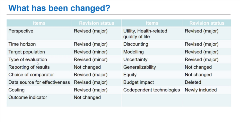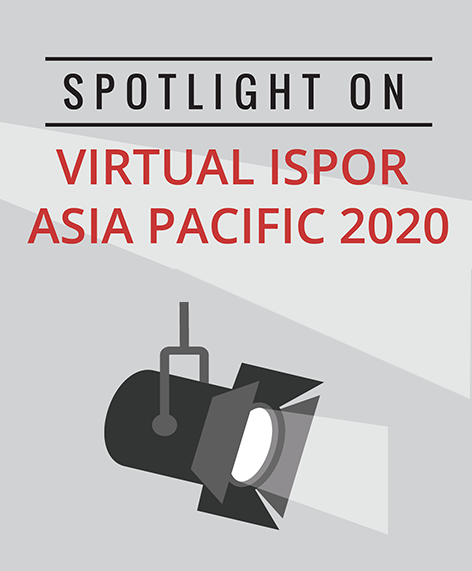Third Version of the Korean Economic Evaluation Guidelines
Cate Bailey, PhD, MApSci, BA, Monash University, Melbourne, Australia; Ingrid Cox, MD, MSc, Dip; University of Tasmania, Hobart, Australia
The first version of guidance for economic evaluations in Korea was published in 2006 after the introduction of the Positive List System by the government (ie, only medications offering a good value for money would be reimbursed by the Korean National Health Insurance program). The second revision of the guidelines was released in 2011 to provide more clarity in some areas of controversy, such as indirect comparisons and quality of life factors. However, with the compounded experience through economic evaluations submissions to the national Health Insurance Review and Assessment agency and learnings from prior guidelines revisions, as well as those from other international agencies in the United Kingdom, Australia, and Canada, a third version is currently being developed for publication.
“Limited experience with economic evaluations and limitations associated with earlier versions of guidelines leaves room for flexibility and improvements in methodological considerations for economic evaluations in Korea.”
—Tae Jin Lee, PhD
What to Look for the New Edition
The discussion was kicked off by Tae Jin Lee, PhD, Seoul National University, Seoul, Korea, Republic of South Korea, who served as the moderator for the session. The panel of key experts in the HEOR field in Korea reviewed the main changes that are planned for the third version of Korean economic evaluation guidelines. [Figure 1] Generally, these are associated with the frameworks for the economic evaluation, perspective of the analyses, choice of comparators, time horizon followed in the models, discounting and utility elicitations methods, and aspects pertaining to uncertainty and statistics.
Figure 1. Session speakers.

Removing the Need to Consider Budget Impact
Eun Young Bae, PhD, School of Pharmacy, Gyong-Sang National University, Republic of South Korea, said that one of the major changes proposed for the third revision of the guideline was to remove the requirement to conduct a budget impact analysis for the approval of economic evaluations. This key decision prompted several questions from the audience in attendance. Dr Eun Young Bae clarified that the rationale for this decision was based on the fact that price negotiations would occur after approval of the economic evaluation. Additionally, these negotiations will be conducted at a health system level and would involve multiple healthcare agencies apart from Health Insurance Review and Assessment. However, the panelists ensured participants that the implications of this exclusion would be revisited and reviewed prior to the final approval and publishing of the guidelines.
Broadening the Perspective and Increasing Transparency
Dr Eun Young Bae also spoke about another key proposed change to the new guidelines. “While prior versions of the guideline adopted a limited societal perspective, this would be updated to represent the healthcare system perspective in the new guidelines.” Other changes can be found in Figure 2.
Figure 2. Summary of the proposed changes in the 3rd version of the economic evaluation guidelines.

SeungJin Bae, ScD, College of Pharmacy, Ewha Womans University, Seoul, Republic of South Korea, discussed the proposed changes related to modeling aspects associated with economic evaluations. Dr SeungJin Bae described in detail the new requirements for model validity (ie, face, internal, external, and cross validity) and transparency. Jihyung Hong, PhD, Department of Healthcare Management, Gachon University, Seongnam, Republic of South Korea, spoke about the new proposed methods for utility elicitation. In the new guidelines, EQ-5D-3L will continue to be accepted as a utility measure, but a large-scale nationwide study will be recommended to develop new utility measures that represent the target Korean population.
Taking Feedback Into Account
In summary, the panelists appreciated the feedback from the audience on the proposed changes for the new guideline and mentioned that these would be thoroughly reviewed and discussed before the guidelines are finalized and published.

